Episode 4: Andrew Hessel | Synthetic Biology | Click to Listen
In this episode, I discuss the promise and peril of synthetic biology with Autodesk Distinguished Researcher Andrew Hessel.
Also, the wonderful blog Boing Boing is co-promoting this episode (full description below). Just click the play button above to listen. My co-host Tom Merritt and I discuss pages 180-241 of the novel toward the end.
You can subscribe to the podcast within any podcast app. Simply use your app's search function (type in "After On") to find & subscribe.
Or, to subscribe from your computer click here then click the blue “View on iTunes” button (left side of the page under the After On image) then click “Subscribe” (similar location) in the iTunes window. Or simply follow the feed http://afteron.libsyn.com/rss
==================================================
After On Podcast #4: The Promise & Peril of Synthetic Biology (from Boing Boing)
Above you’ll find an an unhurried interview with Autodesk Distinguished Researcher Andrew Hessel. Andrew is a prime instigator behind GP-write – which is, on some levels, heir to the Human Genome Project – and a co-founder of Humane Genomics, which is developing virus-based therapies for cancer.
It’s the fourth episode of my podcast series (co-hosted by Tom Merritt), which launched here on Boing Boing three weeks ago. The series goes deep into the science, tech, and sociological issues explored in my present-day science fiction novel After On – but no familiarity with the novel is necessary to listen to it.
The upside and the downside of synthetic biology are vast and Andrew is deeply versed in both. He co-wrote a chilling fictive scenario about a bioterror plot for The Atlantic – but he tends toward relentless optimism when contemplating synthetic biology’s future.
Synbio newbies should find our wide-ranging discussion to be a robust introduction to the field. But Andrew’s sophisticated commentary will give expert listeners plenty to chew on. After considering the astounding decades-long drop in the cost of reading DNA (which makes price/performance gains in computing look trivial), we discuss the sudden and accelerating plunge in the cost of writing DNA that does not exist in nature.
Andrew explains how this is enabling the explosive rise of a market for metabolic circuits – clusters of genes designed to churn out industrial enzymes and other chemically complex output. This is a giant step down a path toward bioprinting an immense array of tissues (new skin for burn victims, cow-free steaks that could fool a cattleman, and much more), and then onward to boundless breeds of wholly synthetic critters.

